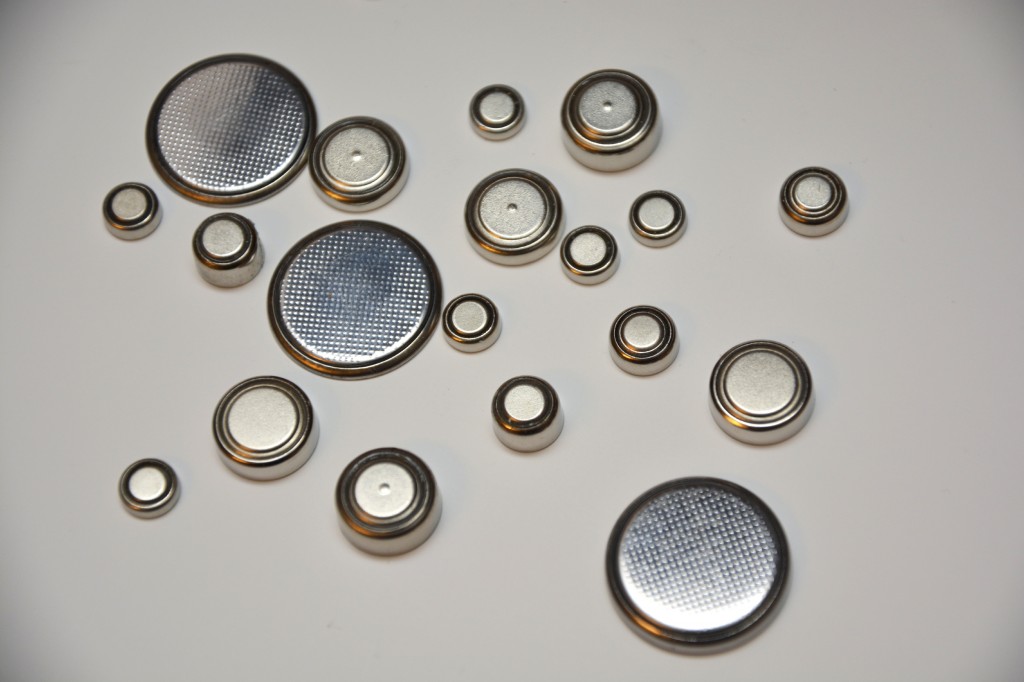Button Battery Injuries in Children: What to Know

As household electronics and personal devices continue to shrink in size, they also pose a dangerous risk to infants and young children – many of these items contain small lithium or button batteries that when swallowed, can cause serious injury. In 2013, more than 2,800 children were treated for swallowing button batteries – that’s one child every three hours! What do you need to know to keep your family safe?
What are button batteries?
Button batteries are small, round lithium batteries found in small electronics including:
• Remote controls
• Cell phones
• Watches
• Flameless tea lights or candles
• Thermometers
• Games and toys
• Hearing aids
• Calculators
• Bathroom scales
• Key fobs
• Musical greeting cards
• Cameras
• Reading lights
• Flashing or blinking jewelry
• Musical holiday ornaments
The dangers of button batteries
When a kid swallows a button battery, these tiny but powerful lithium batteries can get stuck in the esophagus (throat). Saliva triggers an electric current which causes a chemical reaction in as little as two hours, causing a hole to burn in or through a child’s throat, trachea, stomach or nasal septum. Repairing the damage is painful and could require multiple surgeries, a feeding tube and breathing tube.
How to know if your child has swallowed a button battery
When a child swallows a button battery, the symptoms could be similar to those of a common cold or infection:
• A sudden onset of crying (some children may not be in pain)
• Drooling
• Decreased eating or drinking
• Difficulty swallowing
• Hoarse voice
• Vomiting
• Chest pain or discomfort
• Abdominal pain, blood in saliva and stool
If you think your child has swallowed a button battery…seek immediate medical attention!
Don’t induce vomiting or have your child eat or drink anything until assessed by a medical professional. The symptoms may be tricky to recognize but if you have even the smallest doubt, don’t take any chances. Take your child directly to the emergency room.
Tips for a Creating a Battery-Safe Home
Take the necessary precautions to prevent these situations and be sure you are prepared.
• Don’t assume that every battery-powered product that enters your home is safe for children.
• Keep loose and spare batteries, including dead batteries, locked away from children as you would with medications and other poisonous products.
• If you have devices that use button batteries, tape the battery compartment door shut.
• Tell everyone you know about the risk of button batteries and children.
*Information provided by SafeKidsUSA (www.safekids.org)

